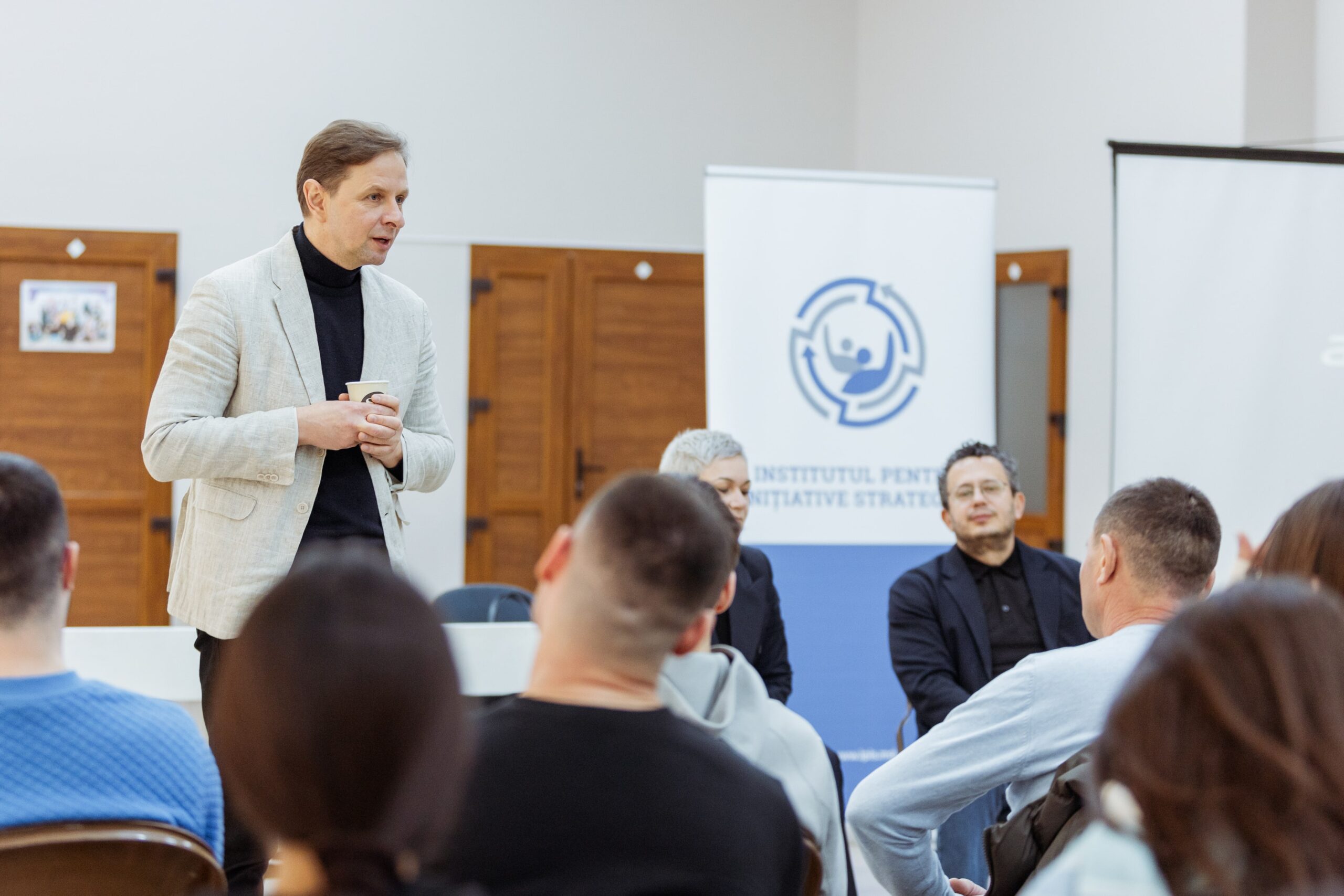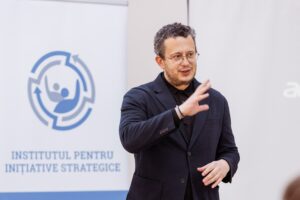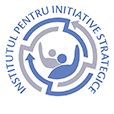#CAPACITY4EU: MOLDOVA’S EU INTEGRATION AND SECTORAL DEVELOPMENT DISCUSSED IN CIADÎR-LUNGA

A new edition of the #CAPACITY4EU Policy Dialogue was held on February 8th in Ciadîr-Lunga, bringing together young people and local public authorities. The event, organized in partnership with the Center for Civic Initiatives for National Minorities, provided a platform for open discussions on the challenges and opportunities Moldova faces on its path to European Union accession.
The discussion focused on the Republic of Moldova’s complex path to European integration, analyzing the challenges and opportunities that arose within the current geopolitical context. With insights from Vadim Pistrinciuc and Vladislav Kulminski, Executive Directors of IPIS, the panel examined Moldova’s strategic directions, taking into account both regional and international dynamics. The conversation identified how Moldova navigated these challenges while capitalizing on opportunities to strengthen its position and further its European aspirations. Understanding the nuances of this journey was critical, as Moldova worked to balance geopolitical pressures while pursuing long-term integration goals.
Panel II delved into the specifics of Moldova’s EU accession negotiations, with a particular focus on the agricultural and rural development sectors. Tatiana Nistorica, expert in agriculture, rural development, and environmental policies, shared her valuable perspectives on the challenges and potential within these fields. As a former Secretary of State at the Ministry of Agriculture, Regional Development and Environment, Nistorica offered practical case studies and explored how Moldova leveraged EU support programs and financing to boost these sectors.
The project “CAPACITY4EU – Civil Society for EU Accession” is implemented by the Institut für Europäische Politik, in partnership with the Institute for Strategic Initiatives (IPIS) and the Institute for European Policies and Reforms (IPRE), with the support of the Federal Foreign Office of Germany.





 Română
Română Русский
Русский
